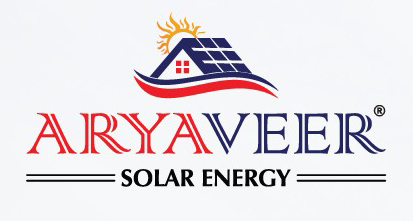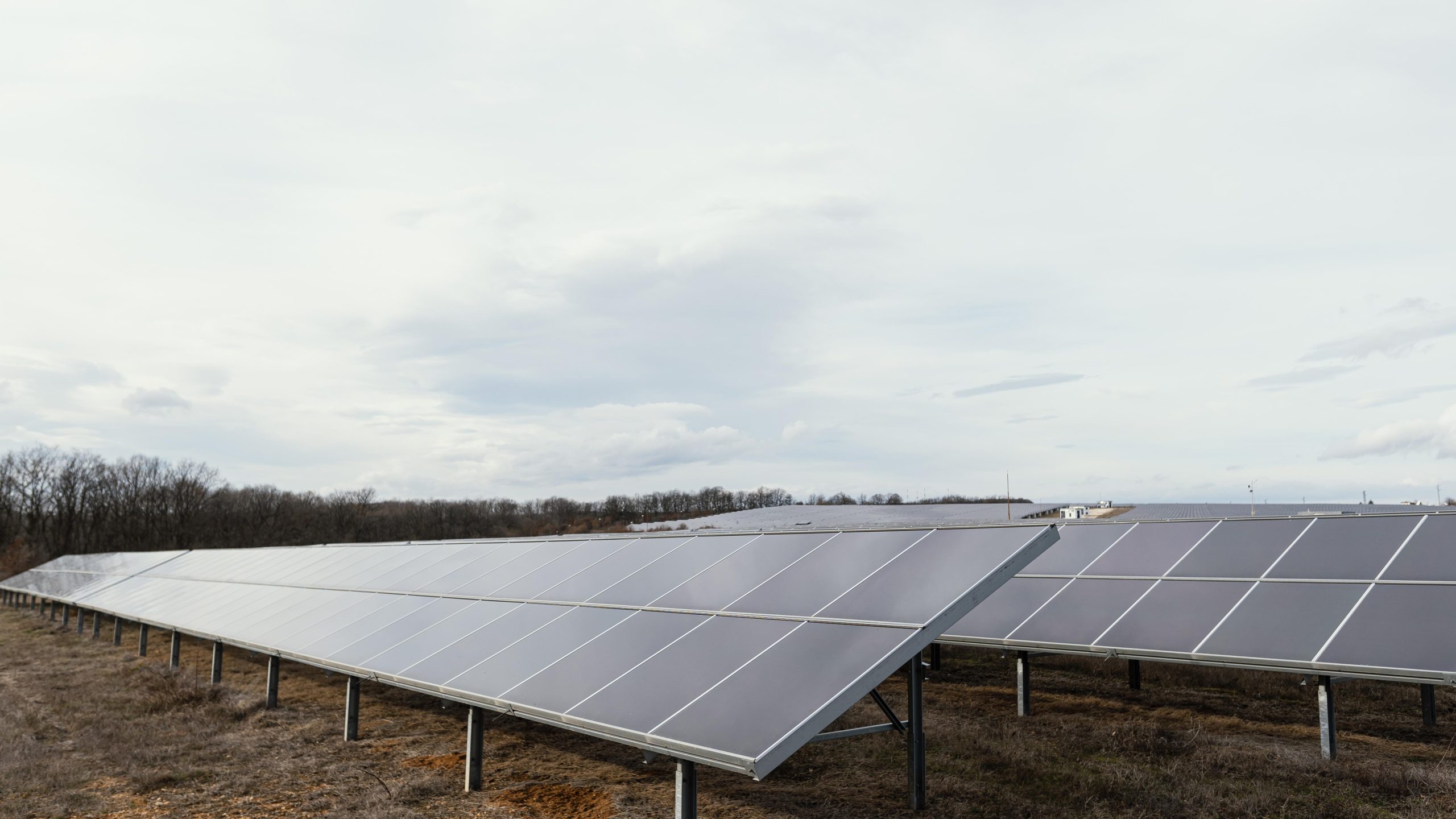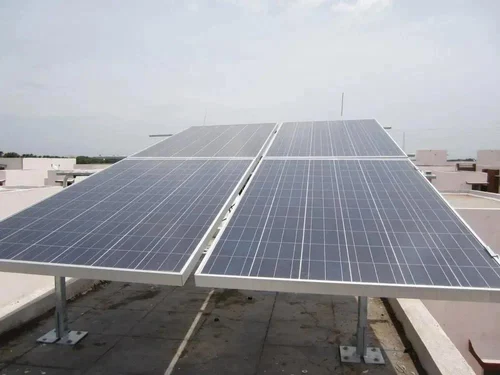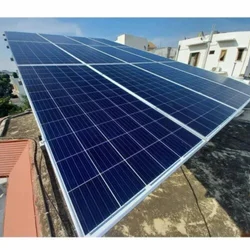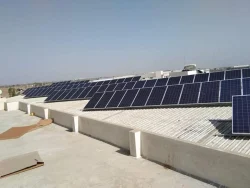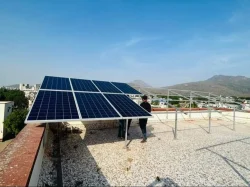Introducation
Residential solar energy systems allow homeowners to harness the sun’s energy by installing solar panels on their rooftops or property. These systems convert sunlight into electricity, which can power homes, reduce reliance on the traditional energy grid, and lower monthly utility bills.
Solar panels are made up of photovoltaic (PV) cells that generate direct current (DC) electricity when exposed to sunlight. This is then converted to alternating current (AC), which is used to power home appliances.
Benefits of Residential Solar:
- Cost Savings: Solar reduces electricity bills, and many governments offer incentives such as tax credits and rebates to help offset installation costs.
- Increased Home Value: Solar installations can increase property value, making homes more attractive to eco-conscious buyers.
Residential solar is an investment that not only cuts energy costs but also contributes to a sustainable future, making it a popular option for environmentally and financially conscious homeowners.
Advantages of Residential Solar
Residential solar systems use photovoltaic (PV) panels to convert sunlight into electricity for home use. These systems can be installed on rooftops or property, helping homeowners reduce their dependence on grid electricity.
Advantages:
- Cost Savings: Reduces electricity bills and offers tax credits or rebates.
- Environmentally Friendly: Lowers carbon emissions using clean, renewable energy.
- Increases Home Value: Homes with solar panels often see higher property values.
- Minimal Maintenance: Solar panels are durable and require little maintenance with long lifespans.
